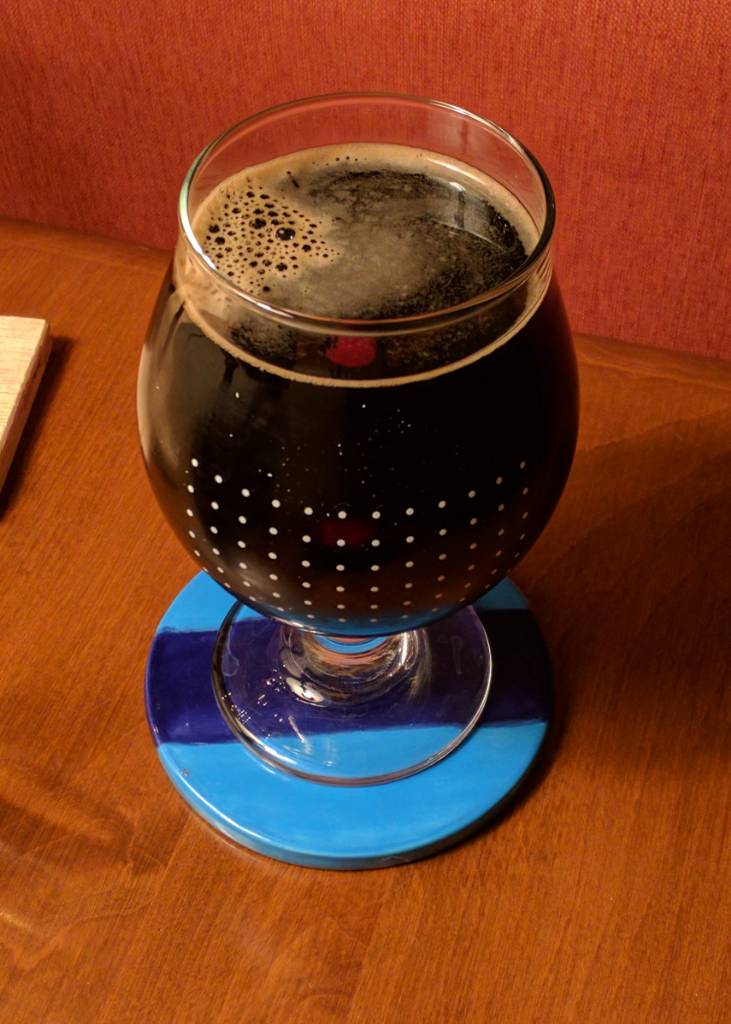Javaslinger
Well-Known Member
- Joined
- May 9, 2017
- Messages
- 121
- Reaction score
- 13
Carbonating Stouts (in bottles)... The struggle is real.
So we brew a lot of stouts - milk stouts in particular - and they all carbonate VERY slowly and sometimes not enough. These are NOT huge high alcohol stouts. Generally around 7%. Usually I'm going for about 2.0 volumes CO2 and I use a calculator to determine the amount of corn sugar. I do cold crash so I'm bottling at about 40F which means there is a considerable amount of dissolved CO2 already. Anyway, they carbonate some - enough to hear the hiss when I pop the cap - and they don't taste completely flat - but there is virtually no head.
I know high alcohol stouts take quite a bit longer, but these are not high alcohol... Is it perhaps the lactose that's causing an issue? Possibly something in the grain bill inhibiting any head formation?
Any thoughts, advice, suggestions?
So we brew a lot of stouts - milk stouts in particular - and they all carbonate VERY slowly and sometimes not enough. These are NOT huge high alcohol stouts. Generally around 7%. Usually I'm going for about 2.0 volumes CO2 and I use a calculator to determine the amount of corn sugar. I do cold crash so I'm bottling at about 40F which means there is a considerable amount of dissolved CO2 already. Anyway, they carbonate some - enough to hear the hiss when I pop the cap - and they don't taste completely flat - but there is virtually no head.
I know high alcohol stouts take quite a bit longer, but these are not high alcohol... Is it perhaps the lactose that's causing an issue? Possibly something in the grain bill inhibiting any head formation?
Any thoughts, advice, suggestions?













































![Craft A Brew - Safale S-04 Dry Yeast - Fermentis - English Ale Dry Yeast - For English and American Ales and Hard Apple Ciders - Ingredients for Home Brewing - Beer Making Supplies - [1 Pack]](https://m.media-amazon.com/images/I/41fVGNh6JfL._SL500_.jpg)














